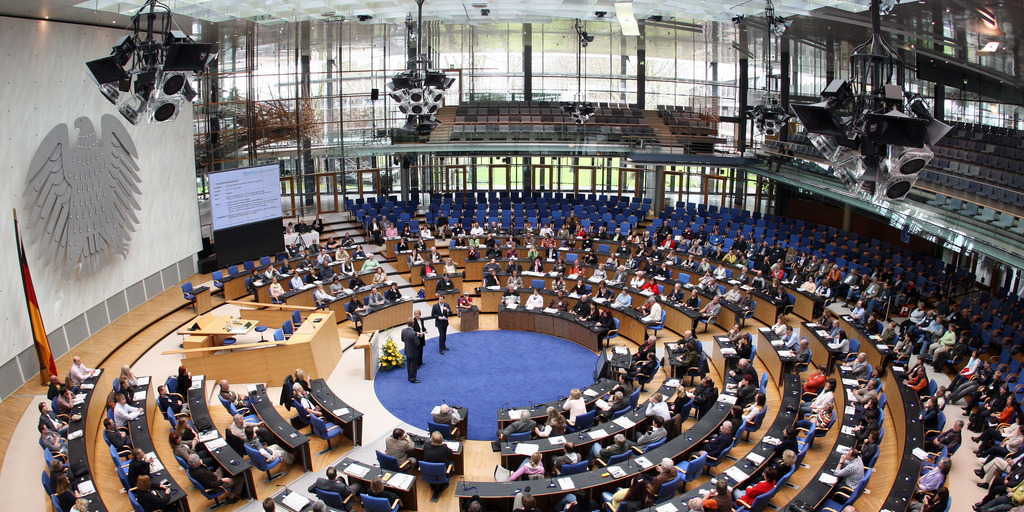Together with the WZB Berlin Social Science Center, the Bertelsmann Stiftung is putting Germany’s democracy to the test. Plans call for creating the first-ever continuous monitoring of democracy in order to systematically identify the aspects most urgently in need of adjustment and reform. The aim is to compile a profile of the strengths and weaknesses of Germany’s democracy. Therefore, the Demokratiemonitor will systematically examine all relevant segments, institutions and spheres of activity of our democracy – such as the government, parliament, parties, the media and civil society organizations –measuring their quality and identifying aspects that need to be adapted.
For the analysis of strengths and weaknesses, a panel made up of citizens will be convened to establish a new empirical foundation. The degree of legitimacy that citizens attribute to the democracy, which is the defining indicator of its quality, along with the findings of a comprehensive quantitative indicator analysis, will flow into the overall assessment of the quality of Germany’s democracy. The project is currently being continued as "Monitoring Democracy".
Information and publications on our topics Modernizing the vote, Divided Democracy and Diverse Democracy are available here:
Modernizing the vote: Ways to Raise Voter Turnout
A large majority of non-voters (59 percent) do not rule out participation in elections per se and can still be approached and mobilized. But, for that, there needs to be a concerted effort and strategy on the part of all democratic forces. By addressing the core issues of who votes, how we vote and according to which rules we vote, we outline proposals that could help get voter turnout back up.
Divided Democracy: The Social Divide in Voter Turnout
Is it a sign of growing frustration or civic protest? Or is it simply a normal feature of an established democracy? The structural dimension of voter participation is often obscured by debates focusing on day-to-day politics: More than anyone, it is members of socially disadvantaged and less educated social strata who are withdrawing from politics in large numbers.
Diverse Democracy: Changing Participation
It is important to figure out how citizen’s participation is affecting Germany’s democracy. To do so, we examine both direct-democratic and dialogue-oriented processes. This issue is pursued in comprehensive analyses that take citizens and political elites into account.









